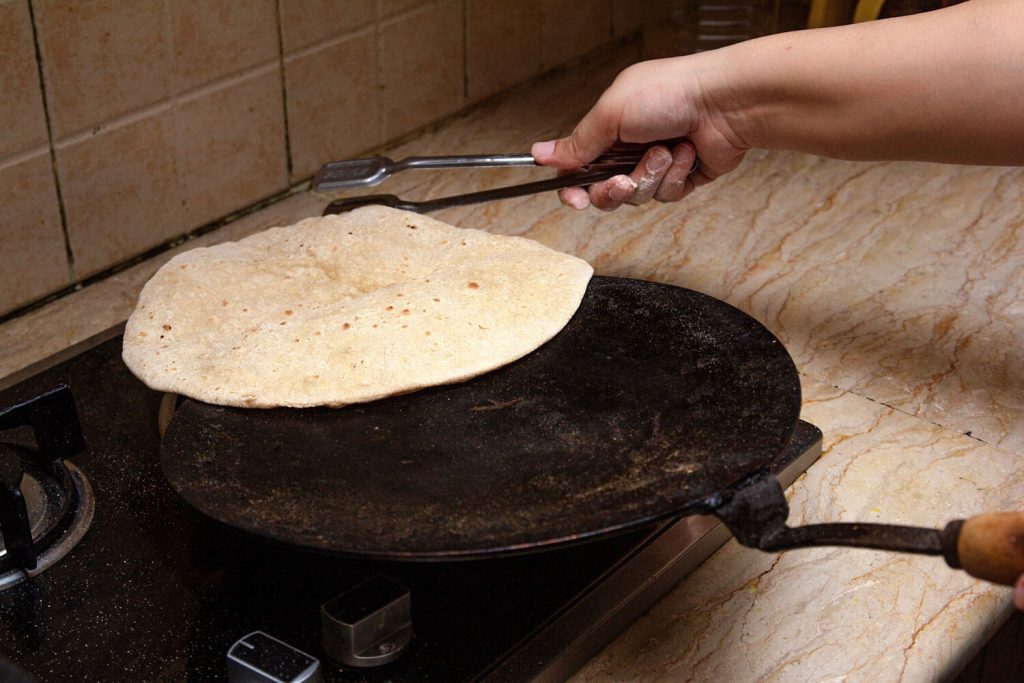
By Rocio
Standing in front of the kitchen counter, my small hands are placed on the cool granite top and my eyes rest on the empty bowl set out in front of me. On one side lies a pack of masa harina and on the other, a pitcher filled with water. Tortillas are considered to be somewhat of a staple food in Guatemala and in Central American cuisines. Whenever my mom asks me to make tortillas, I groan internally; not because I dislike tortillas, but because I simply cannot make them. What should come naturally as a Guatemalan native is foreign to my small hands. My hands are unable to form the perfectly sized circles because they are trying to decide what dominates more—my Guatemalan roots or the American culture I grew up in.
Minutes pass and I have done absolutely nothing. Finally, I extend my hesitant arm to pick up the pack of masa harina and proceed to pour it into the bowl. As I pour the masa harina, I cannot help but think about how much it resembles my journey to America. When I moved, I brought my Guatemalan heritage with me into the massive bowl that is the United States. Continuing with the recipe, I gradually add water to the masa harina and knead it until it becomes the desired texture. Assimilating into American culture and the American way of life was no easy feat for me and I struggled at first, but I found ways to manage. Although my parents were not fluent in English, I was able to learn English with the help of Dora the Explorer, Barney, and my surroundings. Little by little, American culture poured into my life, intermingling with my Guatemalan roots.
My next step is to grab a small amount of masa in my hands and begin to roll it into as much of a perfectly shaped sphere as I can. Flattening the ball of masa between my hands, I begin to shape it into a tortilla. Similar to how I have a preconceived notion of how I want the tortilla to turn out, I tend to idealize how I want my life to turn out. Regardless of my efforts, I can’t help it if my tortilla tears as I attempt to shape it. Just like the cracks and tears in my tortilla, I face obstacles in life. However, I have learned to not let them bring me down or keep me from continuing to try. For instance, I come from a low socioeconomic background, but I have never let that stop me from pursuing my aspirations. It is not just about the tortilla that I am making right in front of me. It is about me, my life, and what kind of tortilla I will end up being. Will I be a tortilla that looks like every other one? Or will I be a tortilla, uniquely made in the most perfect imperfect shape?
Despite my many failed attempts at making tortillas throughout my life, I have discovered the key ingredient to the tortilla recipe, and ultimately the recipe of life: persistence. If trying to make tortillas has taught me anything, it is that: it’s not about the shape of the tortilla, it’s about how the tortilla faces the hot griddle of life.
Admissions Committee Comments
Rocio’s essay uses the tortilla-making story to introduce us to her sense of multiculturalism, an identity that is clearly important to her. By utilizing the example of struggling to cook well in the kitchen, the writer is able to effectively relate to readers of all ages and backgrounds. We believe that Rocio’s sense of perseverance will translate to her college experience as well.





